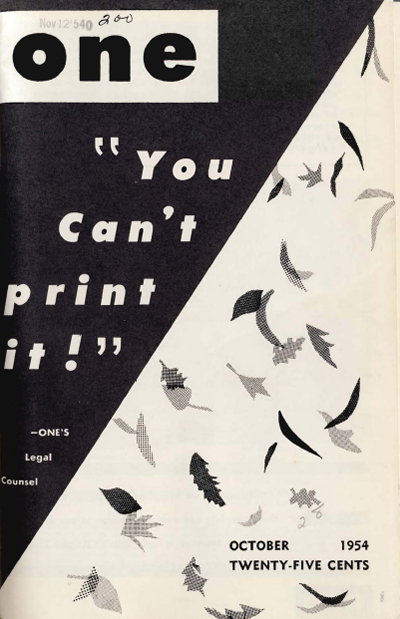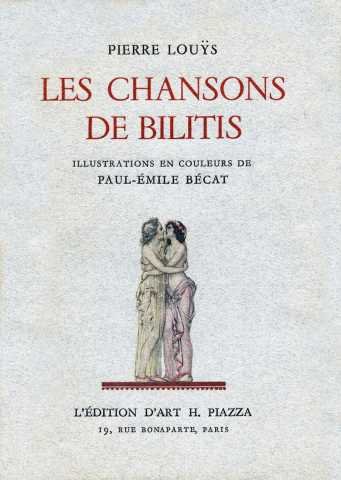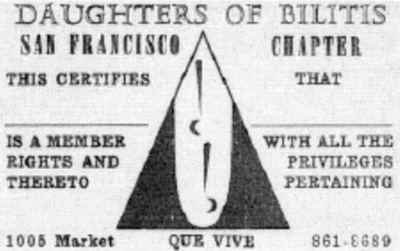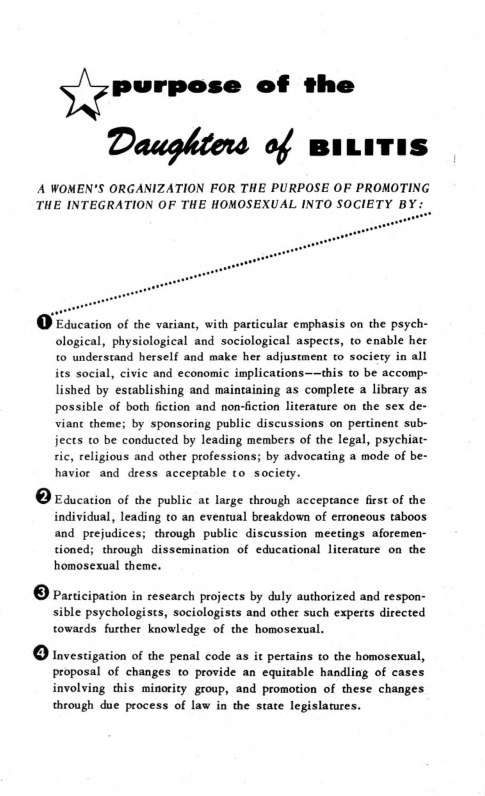42. Rainbow Rising: Homo-Feels about Homophiles, Part 1
/We return with another episode in your podfeeds today, this time from our long-since visited mini-series, Rainbow Rising! Leigh is joined by guest host Tyler Albertario to talk about pre-Stonewall gay rights and the rise, heydey, and subsequent fall of the Homophile movement and how the fight for gay civil rights evolved into the struggle for queer liberation. In this first episode of a two-parter, Leigh and Tyler discuss the birth of the homophile movement and some of the main players – gay civil rights organizations in 1950s-1960s America who dared to gather together amid communism moral panic, FBI raids, and spurious homomedicalist points of view about queer identity. Scandalous tales found within, including secret identities and anonymous cells, the gaslighting J. Edgar Hoover himself, fake “ancient Greek” lesbian poetry, and more!
Next time, we’ll come back in Part 2 to discuss how all these groups came together at regional and national conferences to organize, including all the juicy drama and disagreements, and the decline of homophile-style organizing post-Stonewall.
Tyler Albertario is an amateur LGBTQ+ historian specializing in the history of organizations integral to the struggle for queer liberation and equality. Since 2019, he has worked as a consultant on projects for a wide range of LGBTQ+ advocacy organizations, educational nonprofits, and content creators.
Locate Tyler upon the internet:
Articles on Medium
@TylerAlbertario on Twitter
Newspaper headline and article showcasing the atmosphere of panic and fear around the Lavender Scare, connecting queer people to communism and declaring them a national security risk.
Mattachine
Founded initially as the Mattachine Foundation by Harry Hay in 1950, Mattachine was instrumental in kicking off the homophile movement and offering up opportunities for gay men to meet, socialize, and organize.
The Mattachine founders at a 1951 Christmas party (left to right): Paul Bernard, Chuck Rowland, Stan Witt, Rudi Gernreich, Harry Hay, and Dale Jennings
Mattachine took its name from Renaissance French masque groups called sociétés mattachines, who would wear masks and perform public rituals and dances during the Feast of Fools mocking the rulers.
“Feast of Fools” engraving by Pieter Van der Heyden from 1559
May 1959 issue of Mattachine Review
Dr. Evelyn Hooker’s “The adjustment of the male overt homosexual” study was instrumental in starting to dismantle the homo-medicalist theories that gayness was a psychological sickness. At a time when homosexuality was in the DSM as a “sexual deviation” under the umbrella of “sociopathic personality disturbance” disorders, her pioneering study of 30 gay men who were not incarcerated, institutionalized, or under any sort of treatment, was groundbreaking in dispelling myths about the pathology of queer people.
ONE, Inc.
Evolving from the communist-leader purge of the Mattachine Foundation, ONE, Inc. was founded in 1952 in Los Angeles, and the founders featured some of the Fifth Order members of the original Mattachine Foundation, including Harry Hay, Chuck Rowland, and Ken Jennings, but also other pre-homophile activists like W. Dorr Legg and Merton Bird of the Knights of the Clock organization, Tony Reyes, Martin Block, Don Slater, and Jim Kepner.
October 1954 issue of ONE Magazine that was held by the post-office, leading to ONE v Olsen
Jim Kepner and W. Dorr Legg standing outside the ONE, Inc. office, the first public, physical location for a gay organization in the U.S.
Daughters of Bilitis
Early homophile organizing wasn’t just for gay men, though! The Daughters of Bilitis was founded as the first lesbian organization in the U.S., founded by four lesbian couples: Rose Bamberger & Rosemarie Sliepen, Noni Frey and Marcia Foster, a Chicana woman named Mary, and Phyllis Lyon and Del Martin.
Members of the Daughters of Bilitis around 1956, Del Martin on the far left, Phyllis Lyon on the far right
Drawing on the same strategy as Mattachine of using an obscure reference for the title of their organization to avoid scrutiny by authorities, DOB was named so after this 1894 book of poems by Pierre Louÿs, in which he claimed he had translated several Sapphic-style poem fragments written by a contemporary of Sappho, found in a tomb in Cyprus. It’s all BS, but it’s hilarious and wonderful.
Cover image of Pierre Louy’s Songs of Bilitis in the original french
Daughters of Bilitis membership card
Statement of purpose and guiding principles of Daughters of Bilitis, printed inside The Ladder.
First issue of Daughters of Bilitis’ publication, The Ladder, in 1956 — the first nationally-distributed lesbian magazine in the U.S.
October 1957 issue of The Ladder, alluding to the “masked” imagery commonly used among homophile organizations.
Barbara Gittings, president of the New York chapter of Daughters of Bilitis, and editor of The Ladder. She would team up with Frank Kameny of the Mattachine Society of Washington and begin picketing for gay rights — which we’ll discuss in the next episode.
If you want to learn more, check out our full list of sources and further reading below!
Online Articles & Resources:
‘Homophiles’: The LGBTQ rights movement began long before Stonewall
“From Homophile Movement to Gay Liberation” by Clark A. Pomerleau
“The Women of Color Behind the Daughters of Bilitis” by Malinda Lo
GLBT Historical Society’s Primary Source Set: Del Martin and Phyllis Lyon
Books and Print Articles:
Different Daughters: A History of the Daughters of Bilitis by Marcia Gallo
The Deviant’s War by Eric Cervini
Domenico Rizzo, “Public Spheres and Gay Politics since the Second World War” in Gay Life and Culture: A World History, ed. Robert Aldrich
Queer America: A People’s GLBT History of the United States by Vicki L. Eaklor
Amanda H. Littauer, "Sexual Minorities at the Apex of Heteronormativity (1940s-1965) in The Routledge History of Queer America, ed. Don Romesburg
Gay American History: Lesbians & Gay Men in the U.S.A. by Jonathan Ned Katz
“Behind the Mask of Respectability: Reconsidering the Mattachine Society and Male Homophile Practice, 1950s and 1960s” by Martin Meeker; Journal of the History of Sexuality, Jan. 2001, Vol. 10, No 1.





























